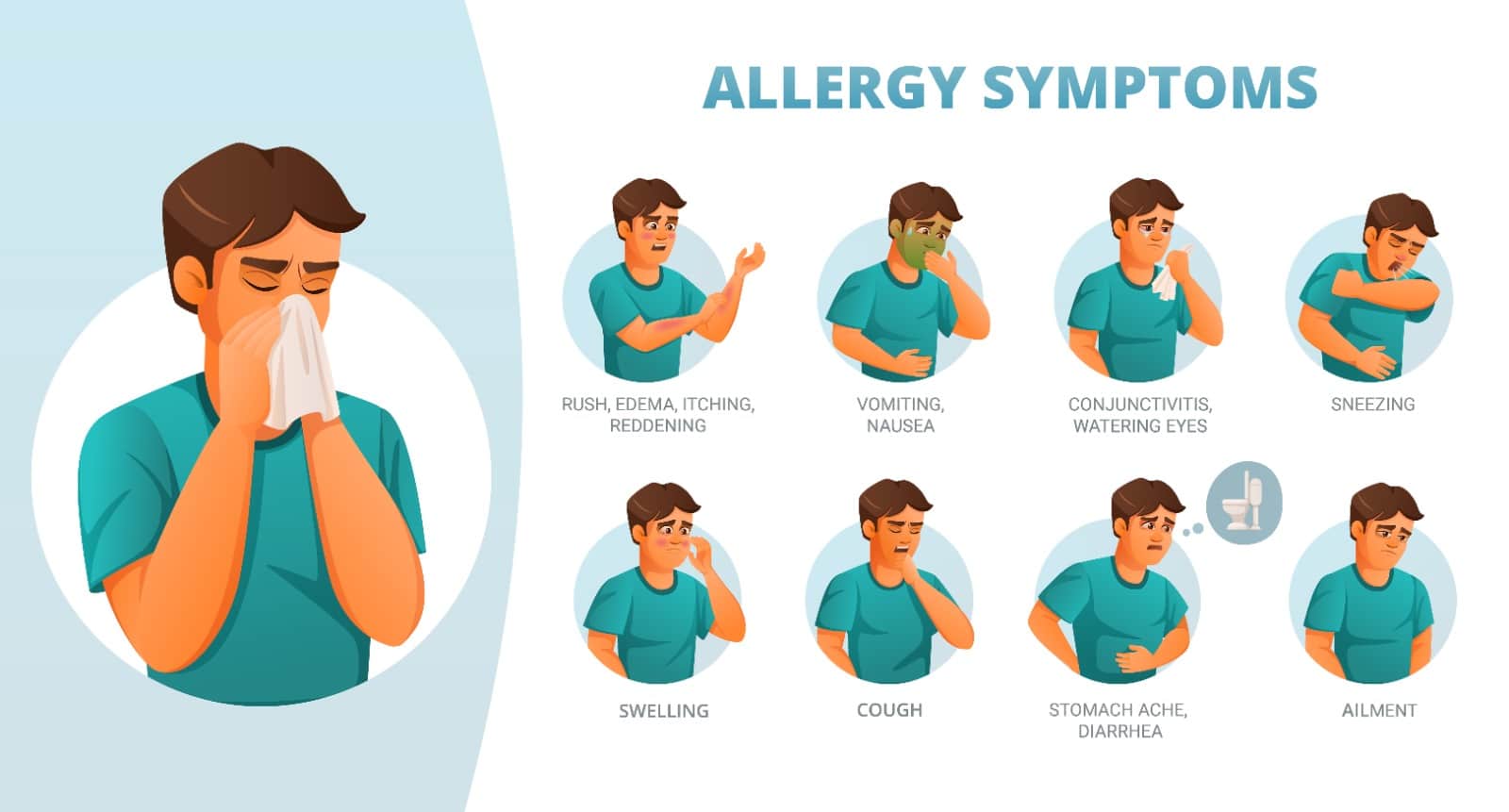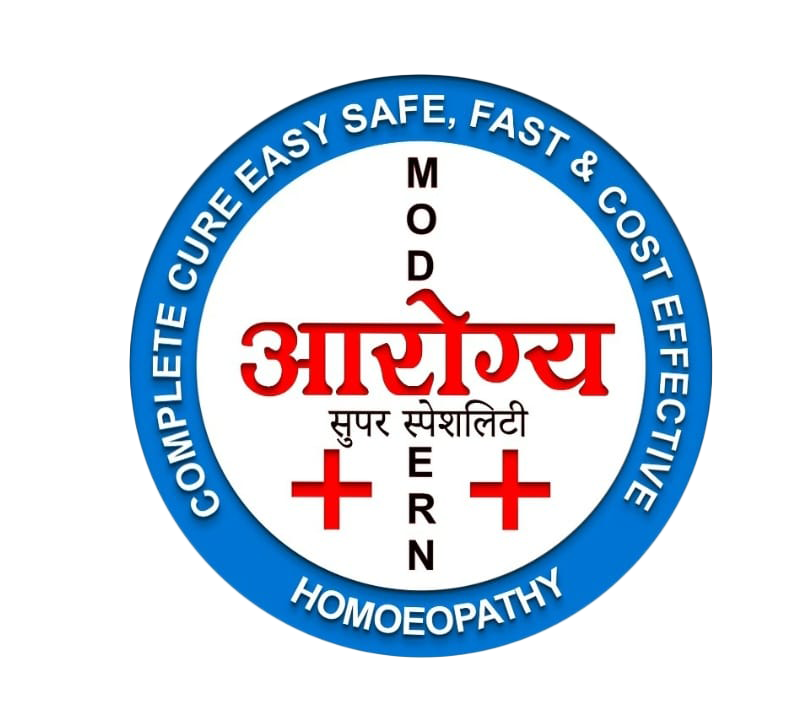
Introduction
Allergies are a common problem that affects many people. They are characterized by an abnormal immune system response to a normally harmless substance. Common allergens include pollen, mold, pet dander, and certain foods. Homeopathy is a system of alternative medicine that uses highly diluted natural substances to treat various ailments, including allergies. This article will discuss the use of homeopathy in treating allergies, including the principles of homeopathy, commonly used remedies, and the effectiveness of homeopathy in treating allergies.
The Principles of Homeopathy
The basic principle of homeopathy is that the substance that causes a symptom in a healthy person can also be used to treat that symptom in a person who is ill. This is known as the "law of similars," and it forms the foundation of homeopathic treatment. The remedies used in homeopathy are highly diluted and are believed to stimulate the body's natural healing process.
Homeopathy is a holistic approach to healing that takes into account the whole person, including their physical, emotional, and spiritual well-being. A homeopath will typically spend a significant amount of time with a patient, discussing their symptoms, medical history, and overall health to determine the best course of treatment.
Commonly Used Remedies
There are many different homeopathic remedies that can be used to treat allergies. Some of the most commonly used remedies include Allium cepa, Natrummuriaticum, and Apismellifica.
Allium cepa is a commonly used homeopathic remedy for allergies such as hay fever. It is made from the extract of the red onion, and is used to treat symptoms such as sneezing, runny nose, and watery eyes.
Natrummuriaticum is a commonly used homeopathic remedy for allergies such as hay fever. It is made from the extract of table salt, and is used to treat symptoms such as sneezing, runny nose, and watery eyes.
Apismellifica is a commonly used homeopathic remedy for allergies such as hives and allergic reactions. It is made from the extract of the honeybee, and is used to treat symptoms such as red, swollen, and itchy skin.
Effectiveness of Homeopathy
The effectiveness of homeopathy in treating allergies is a topic of ongoing debate within the medical community. While some studies have suggested that homeopathy may provide relief from symptoms, others have found little to no benefit.
It is important to note that homeopathy should not be used as a replacement for conventional medical treatment for serious or life-threatening conditions. It is important to consult with a qualified homeopath or healthcare professional before starting any homeopathic treatment.
In conclusion, homeopathy offers a holistic approach to treating allergies by addressing the specific symptoms of the condition and using highly diluted natural substances. However, more research is needed to understand the effectiveness of homeopathy in treating allergies. It is important to consult with a qualified practitioner before starting any homeopathic treatment and not to use it as a replacement for conventional medical treatment.
Conclusion: Allergies are a common problem that affects many people. They are characterized by an abnormal immune system response to a normally harmless substance. Common allergens include pollen, mold, pet dander, and certain foods.
